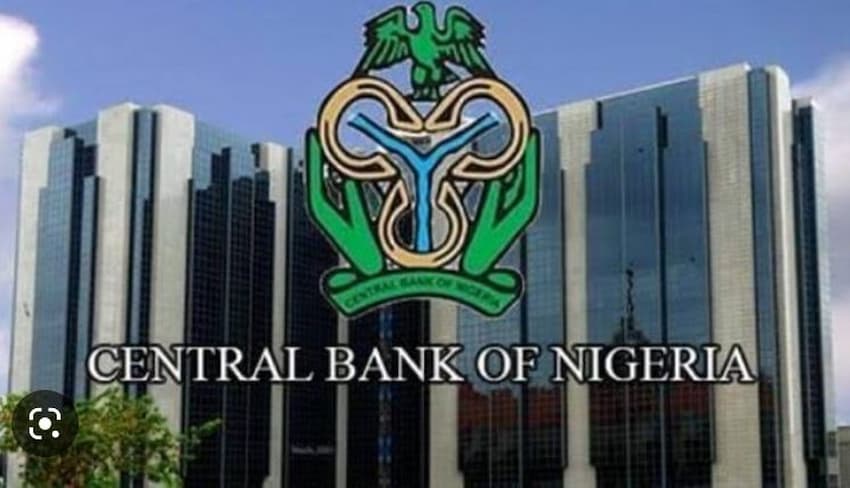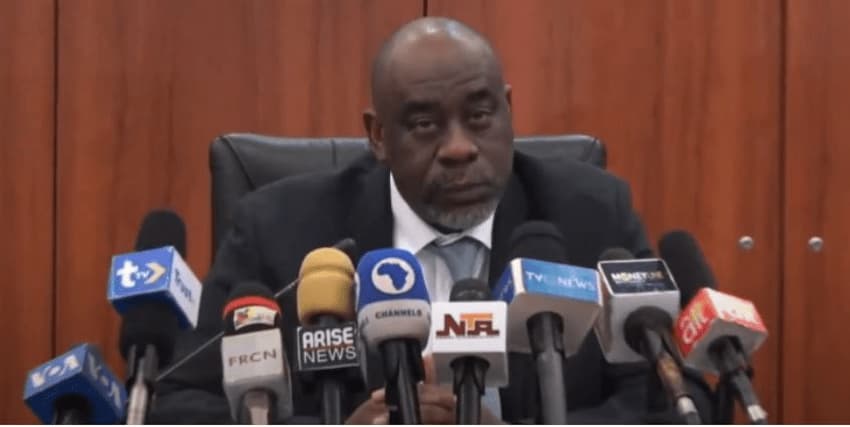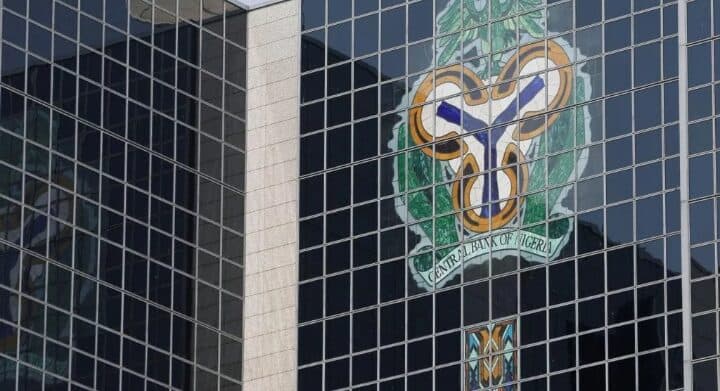
The Central Bank of Nigeria (CBN) has undertaken a comprehensive restructuring initiative, leading to the dismissal of a substantial number of employees. Following the recent termination of 27 staff members, an additional 40 personnel, predominantly from the development finance department (DFD), have been let go. This strategic move aligns with the CBN’s shifting focus away from development finance interventions, as articulated by Governor Olayemi Cardoso.
Cardoso has expressed reservations about the bank’s involvement in such interventions, contending that they detract from its core functions and potentially distort the economy. Consequently, the dismissals are widely perceived as a manifestation of this realignment towards the CBN’s traditional mandate.
Among the latest batch of terminated employees is Musa Zgabawa Bulus, an Assistant Director who spearheaded the National Collateral Registry (NCR). Established to enhance access to finance for small and medium-sized enterprises (MSMEs) by leveraging movable assets as collateral, the NCR’s future remains uncertain amidst these organizational changes.
The breakdown of the dismissed staff reveals a concentration on senior positions, with 22 individuals hailing from the DFD and 18 from the Medicals and Procurement Services Department. Notably, the previous round of dismissals had impacted eight directors, 10 deputy directors, five assistant directors, two principal managers, and two senior managers.
Amidst these developments, anonymous sources within the CBN’s senior management have raised concerns regarding potential irregularities in the bank’s leadership. Specifically, questions have been raised about the authority of Olayemi J. Solaja, Coordinator of the Currency Operations Department, to sign the Naira note. According to CBN rules, a formal appointment process is mandated for directors before they can affix their signatures on currency.
As the CBN navigates this pivotal phase of restructuring, the implications of these staff reductions and the bank’s strategic shift away from development finance interventions will undoubtedly shape its future operations and impact on the Nigerian economy.

















 and then
and then